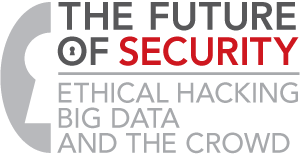About the Conference

The Future of Security: Ethical Hacking, Big Data and the Crowd conference will convene a daylong series of discussions to highlight the emerging, disruptive forces changing the landscape of the global community.
Key panels include the following topic areas:
Ethical Hacking / Hacktivism
- Emerging landscapes of identity and anonymity in a networked world.
- The impact and future of open source tools and resources.
Big Data and Networks
- “Just-in-time” Support for governments, industry and organizations during crises.
- The future landscape of national and global network security, new forms of sovereignty.
- Understanding the use, misuse and linking of broad topical datasets.
- Real-time monitoring and social network exchanges.
The Crowd and Crowdsourced Science
- Crowd-sourced data exchange, walled-garden networks, and Kickstarter funded hardware and software hacks.
- Impacts of open data structures on health networks and crisis response.
- Citizens and sensors and the changing landscape of privacy.
About the Organizers

The Parsons Institute for Information Mapping (PIIM) is a Research, Development and Professional Services facility within The New School, whose mission is to advance the field of Knowledge Visualization through academic and commercial pursuits. In both its own research and in its engagements with government agencies, corporation and other organizations, PIIM pushes the boundaries of information, engineering and visual design to develop new ways of thinking about information—and to build and deliver corresponding real world solutions. Learn more about PIIM at http://piim.newschool.edu/

The Center for Transformative Media (CTM) of Parsons The New School for Design, is a transdisciplinary research center dedicated to the invention, critique, and understanding of transformative media practices. Areas covered include gaming, social networking, creative mobility, data mining and participatory learning. Learn more about CTM at http://ctm.parsons.edu/

The Richard Lounsbery Foundation aims to enhance national strengths in science and technology through support of programs in the following areas: science and technology components of key US policy issues; elementary and secondary science and math education; historical studies and contemporary assessments of key trends in the physical and biomedical sciences; and start-up assistance for establishing the infrastructure of research projects. As such, U.S. cybersecurity policy has become one of the issues that the Foundation seeks to develop.